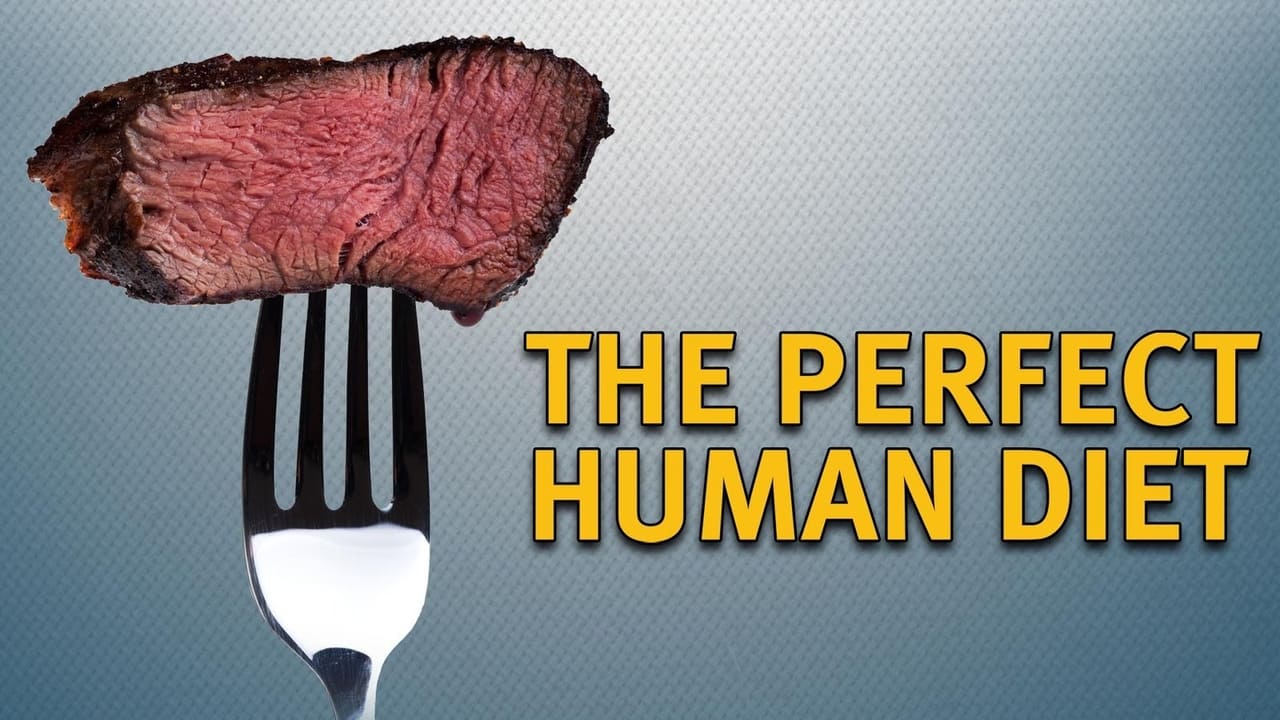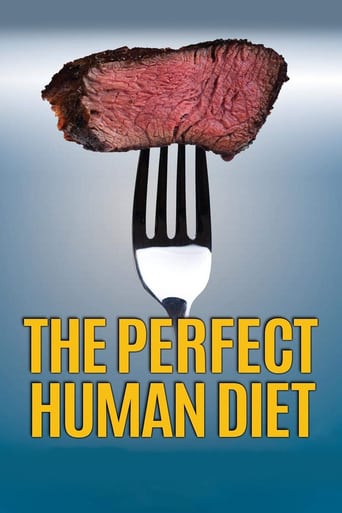

I used to be a junk food eater in high school including tons of fast food Mcdonalds, Wendy's and weighed about 180lb. In college I added tons of variety and became a serious fitness addict and studied nutrition, adding tons of greens and ideas to my diet. I went to 165lb in sophomore year, and went back up in weight with muscle gains back to 180lb. During my senior year I shifted back to a protein diet because of weight lifting, but I kept up with fruits and low vegetables and high carbs. My diet mostly consisted of very lean meat, ground chicken/ turkey or beef at least 95% lean, tons of fruit smoothies, and subs with vegetables and either roast beef or tuna. After that year at 21 I saw myself and visually felt and looked older. That year I'd already given up drinking alcohol and I never smoked cigarettes. I just looked like my teen years had left behind and I was definitely an adult. Around that time I got injured from weight-lifting and decided very spur of the moment that I'd be a vegetarian around that time for health purposes because of all the information I had been taking in on health and nutrition/ nutritional labels. I spent a lot of time online looking up data on nutritional labels, fats, mono+poly, carbs simple-complex, proteins and their sources. So I had a workout injury prompting me to stop working out for 6 months and lose 3 years of hard workouts and was only eating about 1-2 small meals a day dropping to 155lb. I was eating tuna/ almost no meat about once every 10-14 days vs the traditional cycle of 3.5 oz meat/ day and this was 2010. This only lasted about 4-5 months before I started really turning the corner and getting a lot of grains in my diet and homemmade apple pies and homemmade bread with tons of seeds and variety's of grains. Pizza was my personal favorite, and usually home-made utilizing pizza flour purpose powder and adding water, cheese, tomato sauce. From 2010-summer 2011 I got back up to 200lb and tons of exercise/ working out while only eating approximately 4-5 oz of meat every 10-14 days rather than daily. I regained a lot of my strength gains even as a mostly vegetarian. From that point forward I decided to take an unexpected next step forward towards full vegetarianism. In summer 2012 I took out all meats completely.. and since then (2014) have had 2 cans of tuna worth of meat in 2 years and no land meat. I'm into fitness and feel that it lends no disadvantage to me knowing the proper staple of foods I need to eat and not processed junk.. but just organic, and only lends a long term advantage to avoid long term health risks. It also helps with focus and allows me to stay up at a maintained moderate high energy throughout the day where-as when I was higher on a meat diet, I would NEED to take a nap after I did a workout with no exception. I find meat-substitutes at Whole Foods for Ex. quite good soy-based (not engineered). My diet is heavy on dairy, grains like whole breads, or multi-grain pizza dough, recently more and more vegetables, quesedilla's with guacamole/ salsa/ cheese, sometimes vegan cheese, vegetable soup with added peanuts, yogurt parfait with nuts/ fruits, smoothies, home-brewed tea's, soy- milk, oat grain milk etc. I weigh about 190 lb currently at 25 years old. I believe the most critical line that came from this documentary is "food perspective is like religion," and that was the critical point and defining spectrum on what this documentary was about. I felt the best resource to really take out is a variety is important. The documentary itself tries to promote a Low carb (low grains), High protein (high meats), low dairy, balanced with nuts, vegetables and fruits based on ancestral history. The most interesting point in the documentary for me was when they scaled out ancestral history on the football field, but I felt this contradicted, and didn't support the meat based argument. It showed how much of our history had been hunter- gatherer, but the greatest evolutionary leap was after the agricultural/ industrial revolutions in all intellectual and physical scale. In my perspective I think vegetarianism is a strong choice but the video attempts to de-signify this movement, and information about eating meat linked to heart disease was left out of the video. As humans evolve and have more physical and intellectual resources available to them and live out the fulfillment of an herbavorian, physical complexion it is proved that humans CAN choose to be vegans/ vegetarian's and survive. Whether this is the better option is up for debate but it is possible to be healthy that way, in my belief it is healthier. I believe the biggest issue is facts get filtered through personal feelings/ quests/ wants. The facts are there but what facts are focused on and interpreted and sought for is determined by a personal quest of findings. Take for example Darwinism and creationist theory. During his era he was greatly disputed Darwin, for his beliefs and even physical archaeology and scientific research was used to back up creationist theory in the essence of the "perfection" in innate physiology of for instance fish bone structure that allows for the species to swim and live in harmony in only a way a creator or God could make, that evolution was too random. Well to that point that's why evolution took so many millions of years and time to advance, because of a search of harmony and trial-error and adaptive selection process to physically fulfill a more operable set of tools to handle the environment and life. So, Darwin was heavily opposed, but now mostly seeming to be correct by consensus, and the point is that facts can be interpretable.
... View MoreThere are so many conflicting theories about diet that it makes sense to look back and see what humans ate and thrived on as they evolved. In recent decades there's been a lot of new theories with very little scientific research to support them, and at the same time, humans are getting fatter and sicker than ever before. Low-fat, high-carb, vegan, and other new diets all sound good, but there's no history of these diets ever being utilized by humans for any substantial amount of time. This film looks at the history of human diets and has some great concepts on what a healthy diet should be. The film touches on Weston Price's studies done in the 1930's, where Dr. Price was able to meet people who were raised on primal diets that had not yet been influenced by processed food. The results were quite surprising, and he published a book called 'Nutrition and Physical Degeneration', which should be a must-read for every medical student.
... View MoreThis is not an exaggerated doc. It shows what we ate for millions of years and who it helped us thrive.The doc spends most of the time talking to scientists who actively study this, not people of opinion or ideological preferences (like a vegan). That's what I found most compelling.Some individuals will say how can this be a good diet when the lifespan was so short. Well science has also shown that life expectancy was not really affected by what our ancestors ate but how they did not know about hygiene which is the single most important element on how life expectancy is so high today, then you have medicine for injuries (and they lived in much harsher environments), as well you have death from childbirth which along with hygiene really kill a a life expectancy ratio.
... View MoreSadly, because this documentary is only of average quality which, of course, speaks to how bad documentary making has become in terms of objective reporting. Nonetheless, the production of this (as most other) documentaries is quite good. There is nothing amateurish about the effort. It has plenty of eye-candy and moves along well.Content-wise, it is unnecessarily reactionary. This, in my opinion, is the biggest flaw of the documentary. Framing the narrative around a rejection of vegetarian principles only serves to elicit responses like that of the other commenter, responses that misconstrue the message and get lost in delusional, inane diatribes around fantasy subjects like "everything meat" and "meat versus vegetable". If your brain is plugged in while watching, you will find that traditional diets are, by necessity, far more balanced and rational. An interesting topic on its own.For those that don't consider nutrition to be a religious issue, it is a good introduction to evolutionary diets. If interested, read more on the subject (e.g. Weston Price is a good lead).
... View More